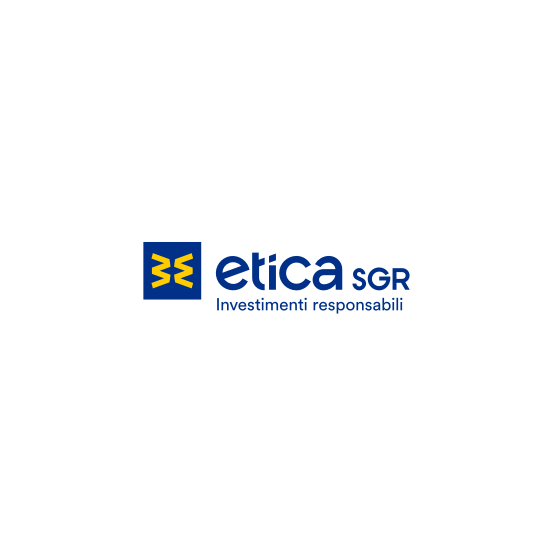For the fourth consecutive year Etica Sgr attended and voted at the shareholders’ meeting of Terna held in Rome on 9 June 2015.
A favourable vote was expressed to the approval of the Financial Statements and to the appointment of a new member of the Board of Directors. Etica Sgr, on the other hand, abstained in relation to the allocation of the financial year profit, as, albeit considering the policy dividends to be more solid than previous financial years (in which it voted against), it would have preferred a different strategic decision by the Company, aimed at a further provisioning of profits and therefore at greater sustainability over time of the highly challenging targets provided in the 2015-2016 Plan in terms of investments, cash generation and net debt reduction.
Finally, Etica Sgr voted against approving the remuneration report, albeit emphasising, also in this case, the presence of improvements compared to last year. In particular, it identified a lack of information relating to the performance criteria underlying the payment of the variable component of the remuneration. The figure relating to the existing ratio between the average remuneration of full-time employees of Terna and that of the Chief Executive Officer was also requested.
Etica Sgr also intervened in the shareholders’ meeting to draw management’s attention to some aspects linked to social and environmental corporate sustainability.
Appreciation was expressed for the constant commitment by Terna in reporting all aspects of the business activity and in preparing a Sustainability Report, made public on a date preceding that of the shareholders’ meeting and drafted for the first time in accordance with the new international guidelines of the Global Reporting Initiative, G4. In that regard, Etica Sgr commended the company for the commitment made in reporting the most significant environmental performances through the compilation of the Climate Change questionnaire of the Carbon Disclosure Project. The opportunity was also useful for advocating the adoption by the Company of questionnaires in relation to use of the water resource, also promoted by the CDP.



